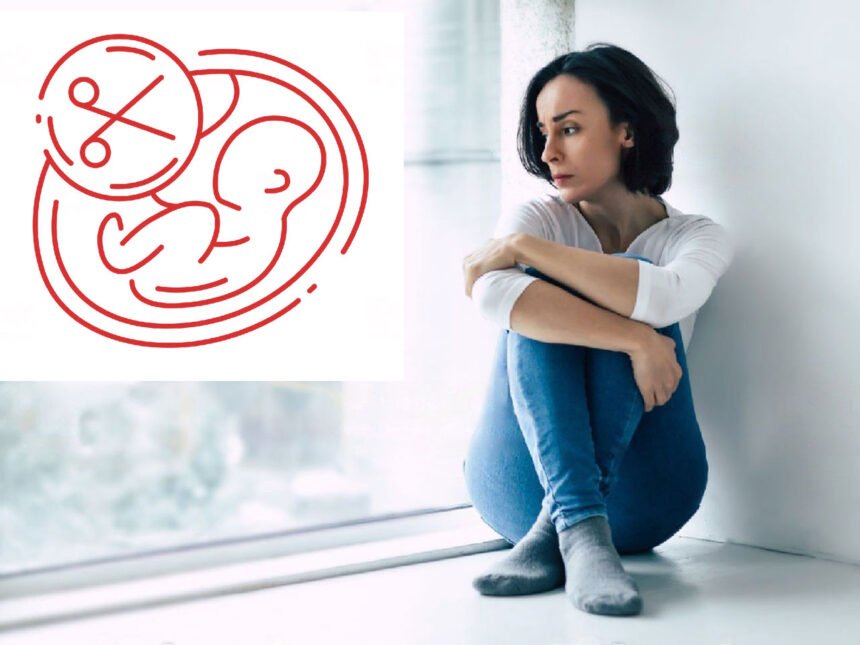Breast engorgement usually occurs within the initial weeks of breastfeeding. It occurs when the breastfeeding letdown and the colostrums turn into mature milk. Breastfeeding engorged breasts at night takes place due to the great pressure of expanding cells because of the new breast milk contained inside them.
Engorgement or swollen breasts occur when the milk generating cells are uncomfortably full. This engorgement is visible even in the areola or breasts or in both, or even in one breast or both the breasts. It is a very stressful condition to deal with engorgement along with caring for the new baby for a whole day and night.
How long the breastfeeding engorged breasts at night lasts?
Engorged breasts are a temporary condition and usually lasts for 2-3 days or until the baby and mother habituate to the regular pattern of feeding. Your body needs to discover and adapt to your baby’s needs.
Engorged breasts at night usually result from missed feeding or latching the baby incorrectly, which cause the milk being left behind in the breasts. Engorgement also occurs after weaning, in case it is done abruptly.
It has been found that the incidence of engorgement will also lessen with each child as the mature milk comes in quicker. Most of the mothers give up breastfeeding completely because of the engorgement that may even increase the pain and discomfort.

Symptoms of breastfeeding engorged breasts at night:
- Swollen breasts
- Tender breasts
- Sore breasts
- Breasts feel hard
- Temporary flattening of the nipples [Breastfeeding Pain in Nipple]
- Breasts feel slightly lumpy when touched
- Areola becomes hard
- Swollen lymph nodes under the armpit
- Increase in your body’s temperature
In case the breast engorgement is left untreated, it can cause breast infection, which results in fever and dizziness. So, to reduce the condition of breastfeeding engorged breasts at night:
- Use a comfortably fitted nursing bra that gives good support and comfort for engorged breasts. Don’t wear a tight bra as it will make the pain even worse.
- Use a breast pump to express the milk and prevent the breasts from becoming hard. You can also use your hand to express the milk.
- Feed your baby as frequently as possible to empty the breasts and reduce some pain.
- Applying cold compress will help to relieve engorgement pain, but don’t use cold compress prior to your breastfeeding session as it may hamper the flow of milk.
- Applying hot compress will reduce the engorgement and allows the milk to flow easily.
- Gentle massage before and after each feed can also help to drain the milk easily.
- Proper latching of the baby will also help to reduce engorgement.
- If the baby can’t empty the breasts completely, you can use a pump to express the milk.
- Feeding your baby with different feeding positions can empty the ducts.







